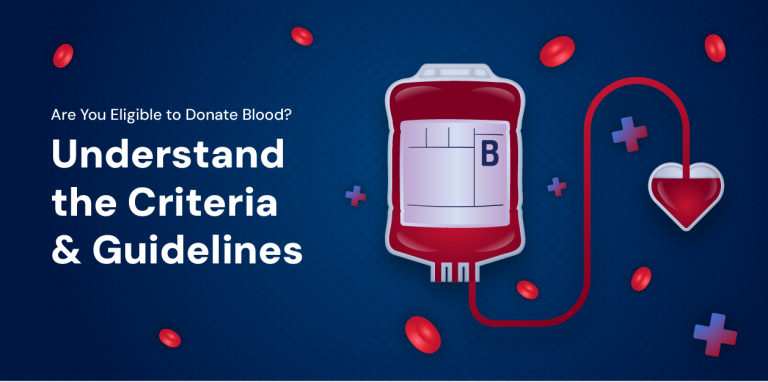Stress has become one of the most common problems from which people worldwide, across all ages are suffering. Between hectic schedules and busy lives, pressure has started to take a toll on everyone’s mental health. Work chaos and stress are depleting people’s sense of calm and peace. When it becomes difficult to focus on your tasks and everything seems to overwhelm you, take a break, choose a spot, close your eyes, take deep breaths, and meditate for a while to regain your composure. Meditating for a few minutes helps bring a sense of calm and serenity, awareness, and control in one’s life. This is one of the reasons meditation has become so widely popular.
What is mindful meditation?
Mindful meditation is the practice of being fully present with your thoughts. It helps slow down your racing thoughts, let go of your worries and negativity, and calm your body and mind. Mindful meditation practices focus entirely on the “now” to understand and accept your feelings and thoughts. Mindful meditation can be performed anywhere according to your convenience. You can choose a quiet and comfortable spot in your house or garden, sit down on the floor, chair, or bench, close your eyes and focus on your breathing.
Here is a short guide on how you can practice mindful meditation
Find your spot and settle in
Choose a spot to meditate and make sure it is quiet for you to focus. You can sit on a chair, bench, cushion, or anywhere you are comfortable. Sit up straight and make sure your neck and shoulders are relaxed comfortably with your arms on your lap.
Keep a timer
If you are a beginner, consider keeping a timer so that you can entirely focus on your meditation and not have to worry about time. Keeping a timer helps you to eliminate distractions. You can start by meditating for a short period of 5 to 10 minutes and gradually increase according to your comfort and requirements.
Focus on your breath
Relax and take deep breaths. Focus and feel the rise and fall of your stomach or chest as you breathe. Notice the air flowing between your nose and lips and the change in temperature of your breath as you inhale and exhale.
Notice your thoughts
When meditating, it is hard not to think about other things. If you find your attention shifting to your thoughts, remain calm and return to focus on your breathing. To regain your focus, you can try to count your breaths.
Download an app to help you
Resort to downloading apps that help guide you through your meditation sessions if you find it hard to practice it yourself.
Emotional benefits of meditation
Calms your nerves
Meditation calms our nerves by lowering our blood pressure and breathing rate.
Enhances self-awareness
Meditation helps you to acknowledge and become aware of your thoughts and feelings.
Helps to control your anger
Anger builds up due to pent-up emotions. Meditation, in general, calms your nerves and prevents frustration from building up.
Helps to manage stress
It has shown that mindful meditation reduces symptoms of stress.
Improves sleep
Meditation relaxes your body, reduces tensions and worries, and puts you in a calm state that helps you fall asleep.







